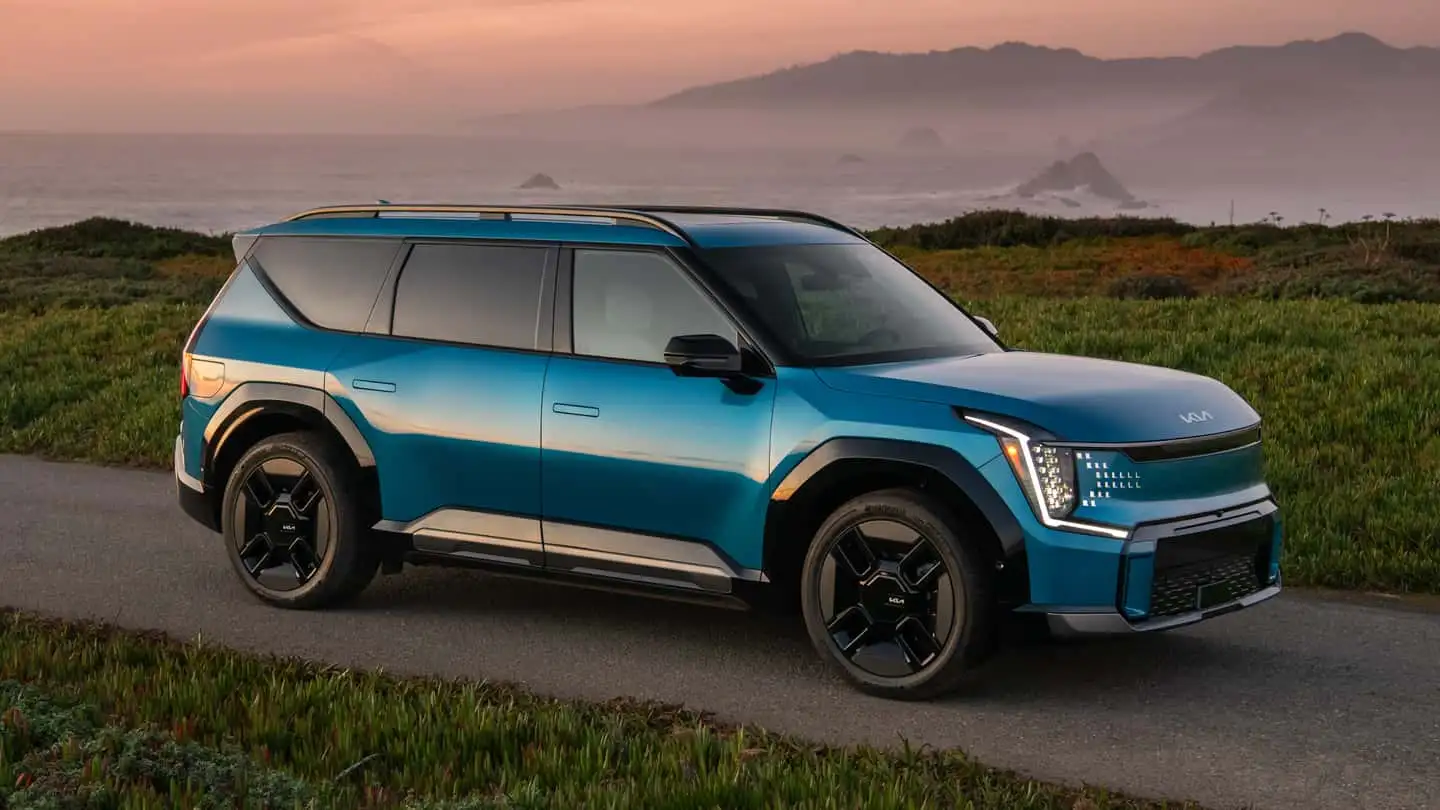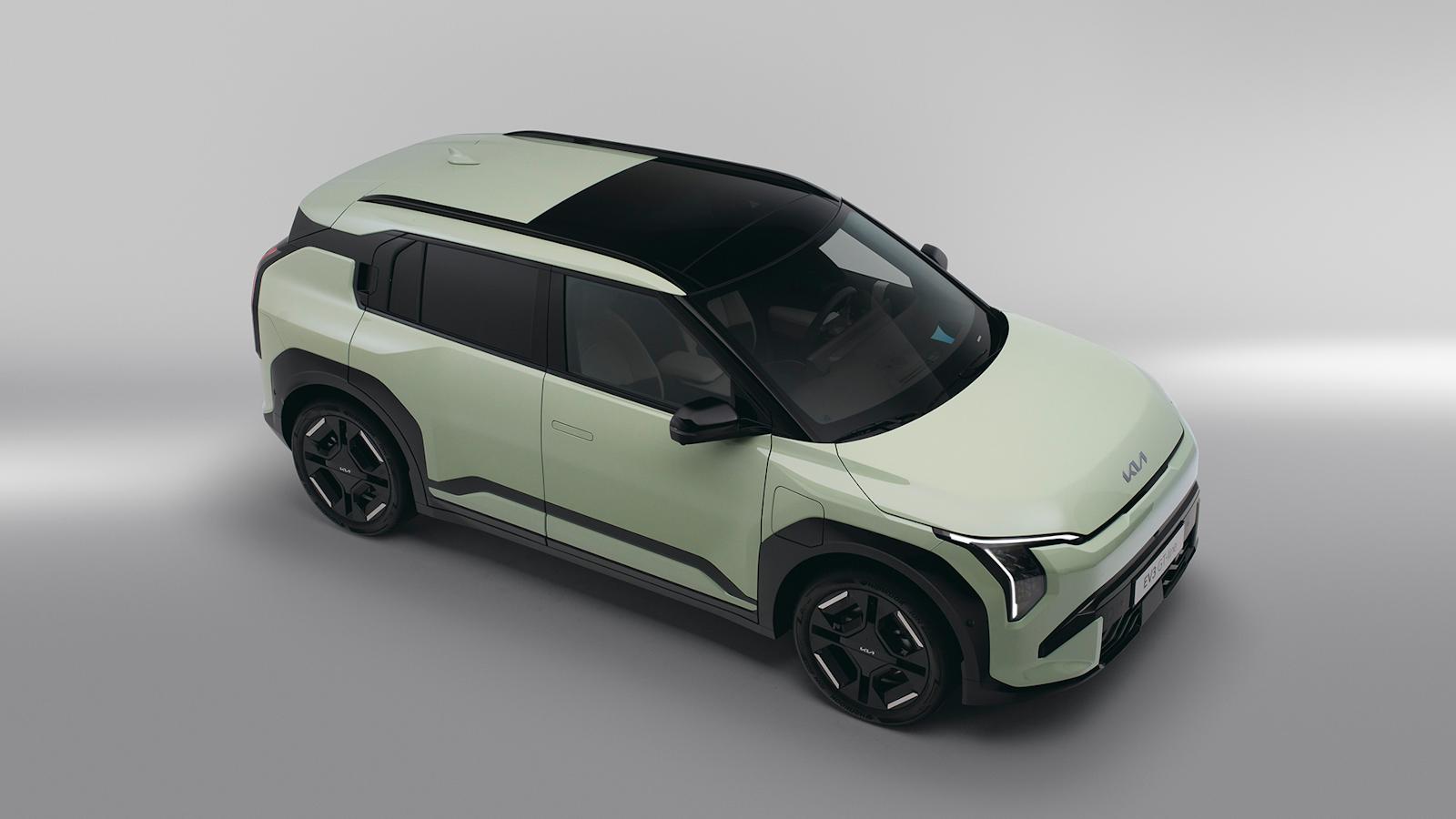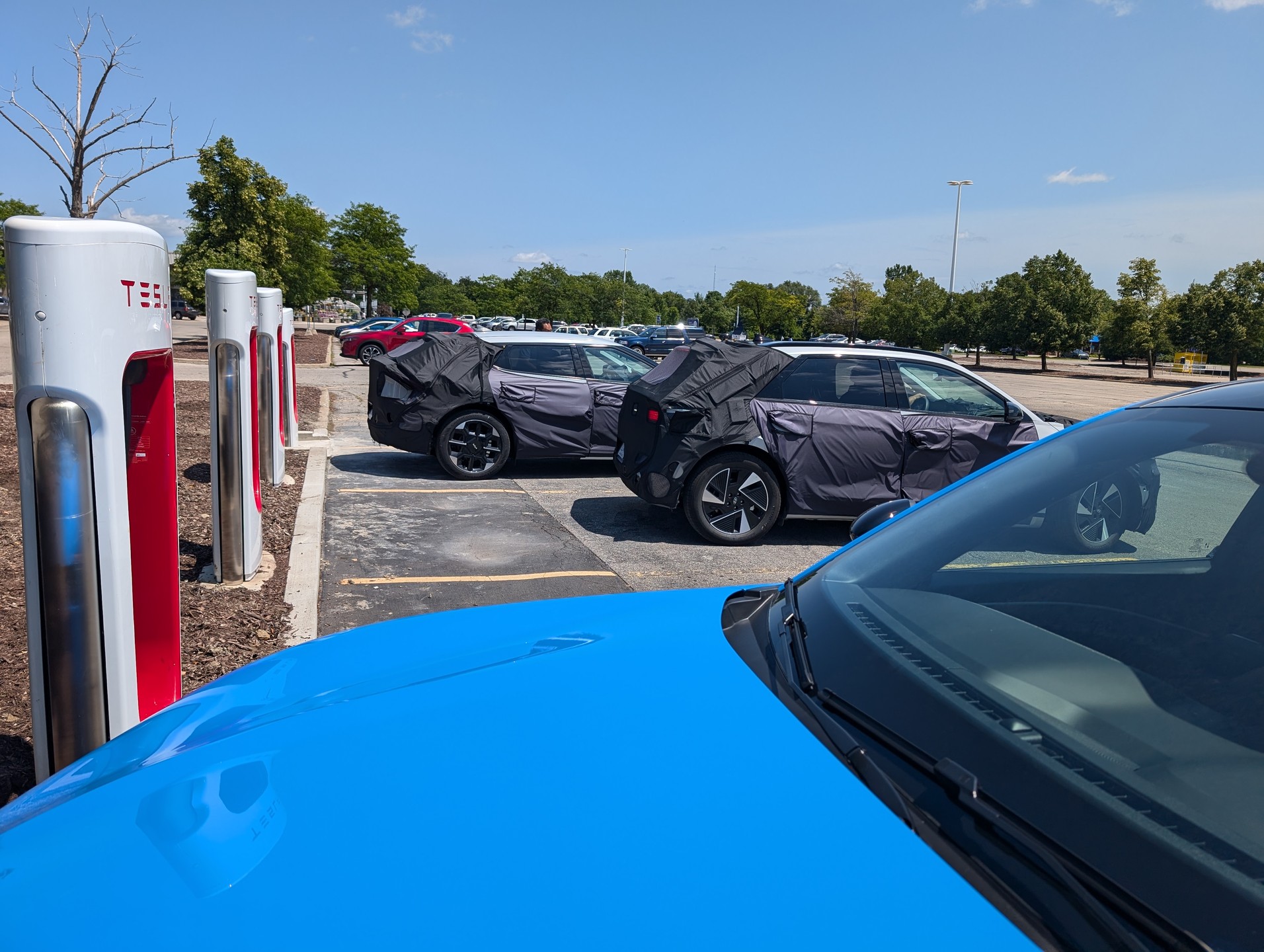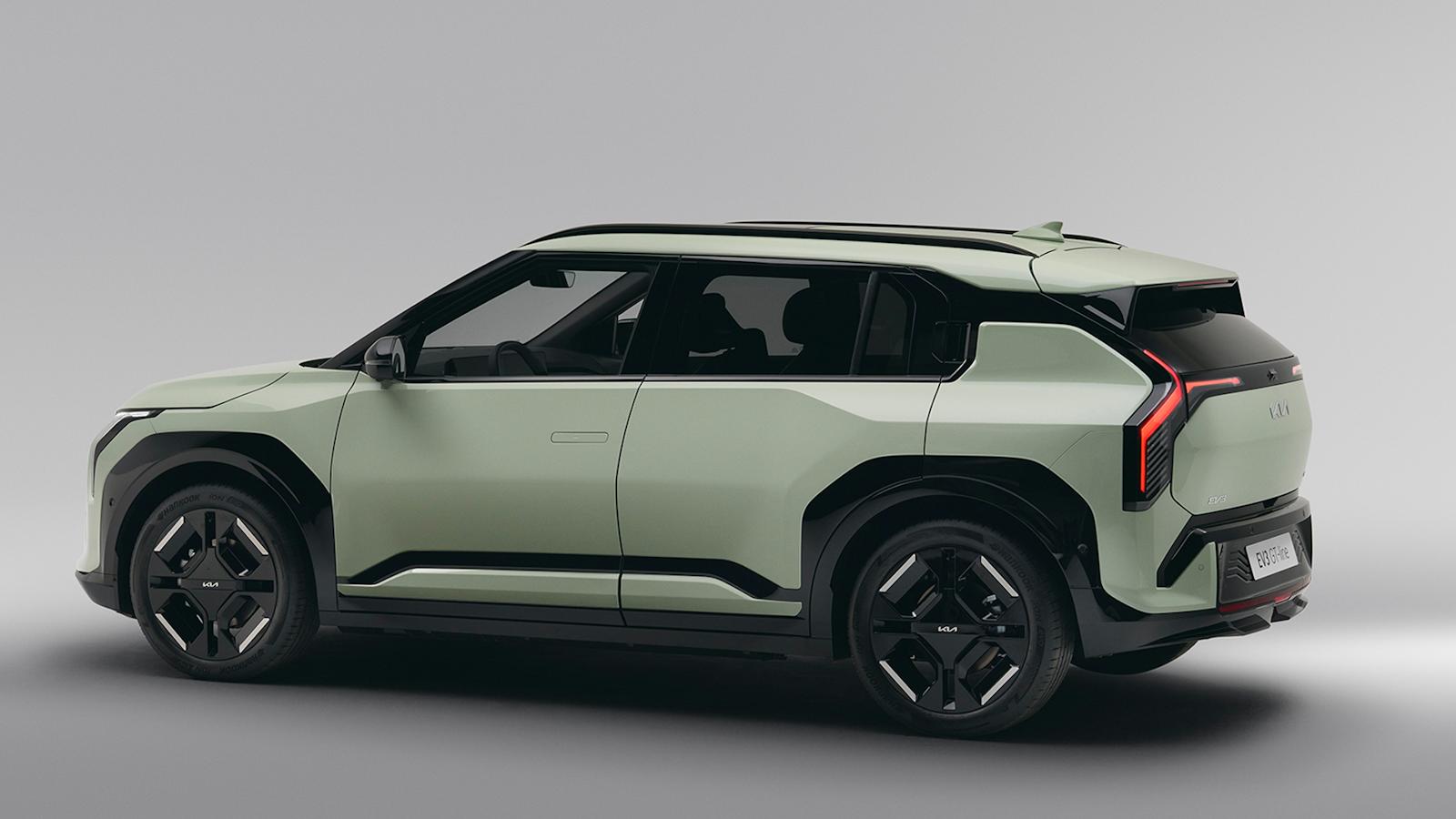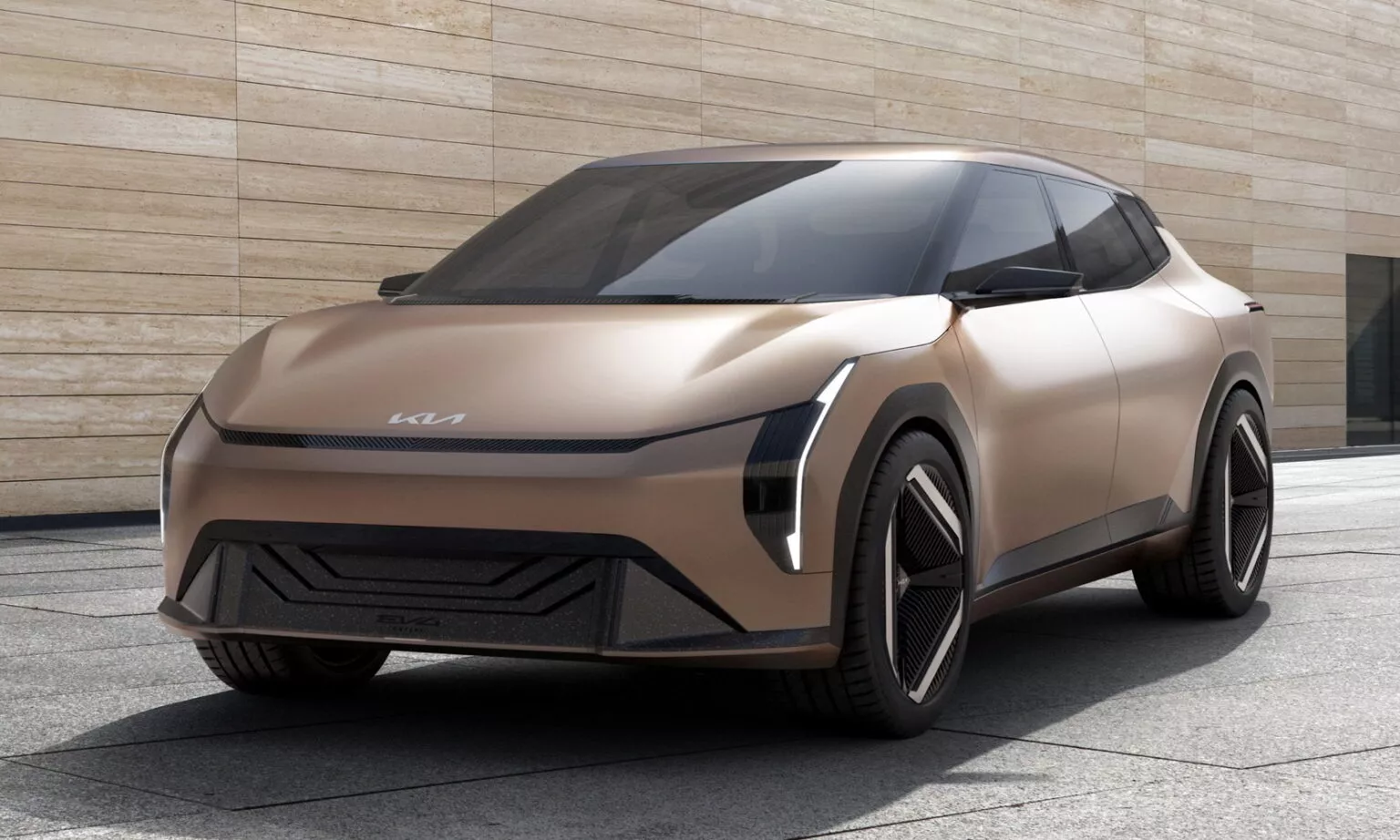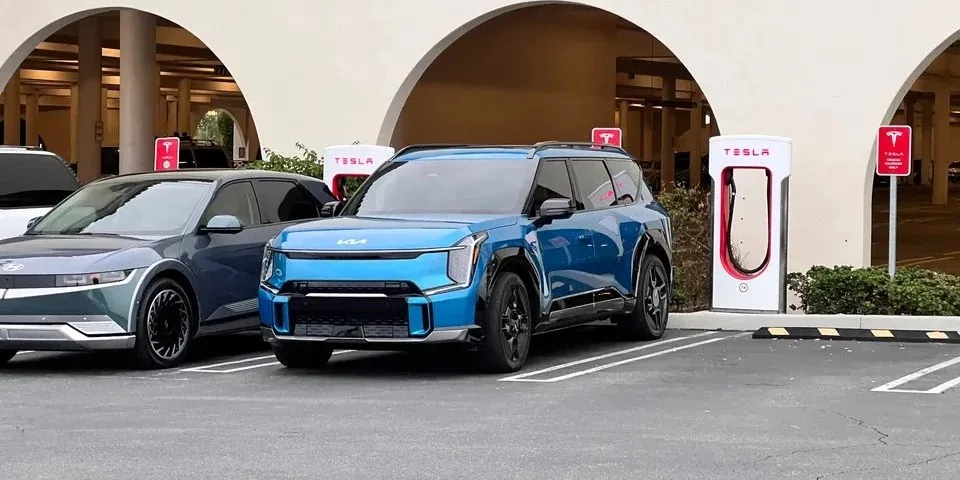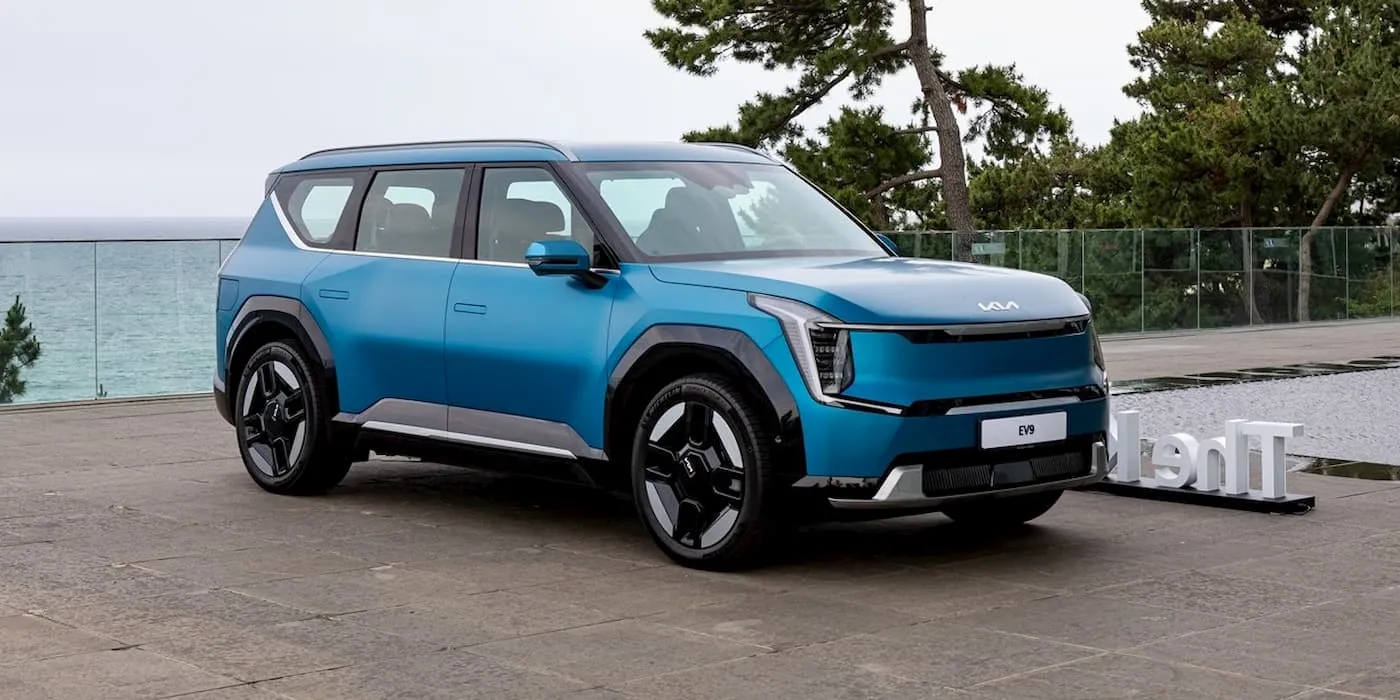Kia’s plans to manufacture its electric SUV, the EV9, at its new plant in Georgia may be hindered by stricter requirements tied to the US Inflation Reduction Act (IRA), which limits the eligibility for tax credits based on the origin of the vehicle’s battery materials.
According to reports from The Korea Herald, Kia produced only 21 units of the EV9 at the Hyundai Motor Group Metaplant America (HMGMA) in the third quarter, with just one unit sold in the United States. While this appears concerning, the low production figure is not unexpected as the HMGMA plant, which opened in October, is still ramping up production with an initial focus on the Hyundai Ioniq 5, another model using the E-GMP platform shared with the EV9.
However, the core issue lies in the EV9’s battery supply chain. The electric SUV uses battery cells from South Korean supplier SK On, which are manufactured at a facility in China. Under the IRA, electric vehicles that rely on battery materials sourced from China—or other countries classified as “Foreign Entities of Concern,” such as Russia, North Korea, and Iran—are only eligible for half of the $7,500 tax credit, or $3,750.
From 2025, vehicles using battery materials from these countries will no longer qualify for any IRA subsidies, potentially placing the EV9 at a competitive disadvantage in the US market.
Kia has been hesitant to scale up production of the EV9 in the US due to this battery issue. As of now, the EV9 qualifies for only a partial subsidy, which may affect its pricing strategy. Currently, most EV9 units sold in the US are imported from South Korea, with plans for domestic battery production still in the works.
Hyundai, Kia’s parent company, is building a battery plant in Georgia with SK On and has another joint venture with LG Energy Solution to secure a local supply of batteries. However, these efforts are still ongoing, and until domestic battery production is fully operational, the EV9 will face challenges in becoming more affordable in the US market.
In addition to these production and supply chain concerns, changes in US policy could further complicate Kia’s strategy. Should the incoming administration eliminate electric vehicle tax credits, it would further strain the EV9’s ability to compete in the US market, undermining Kia’s efforts to increase its electric vehicle sales by 70%, a target that hinges heavily on the success of the EV9.

